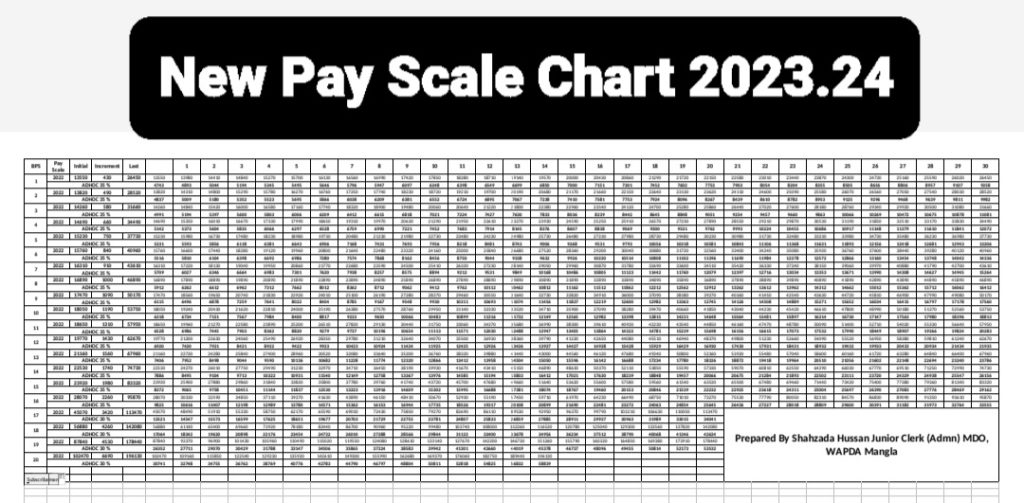The National Electric Power Regulatory Authority (NEPRA) has recently rolled out a revised system for imposing surcharges on late electricity bill payments. This new system introduces surcharge slabs that vary depending on how late the payment is made. The move aims to encourage consumers to pay their bills on time while offering a fairer penalty structure for slight delays.
This article provides a detailed breakdown of NEPRA’s new policy, its implications for consumers, and how the shift from a flat surcharge to a slab-based model could benefit the public.
Understanding NEPRA’s New Policy
The new surcharge slab system is designed to replace the previously rigid late payment penalty. Instead of imposing a flat 10% surcharge on all late payments, NEPRA has introduced a tiered structure to ensure fairness. This policy reflects NEPRA’s commitment to improving consumer convenience and promoting timely payments.
Breakdown of the Surcharge Slabs
First Slab: Payments within 3 Days After Deadline
Under the first slab, consumers who pay their electricity bills within three days after the due date will be charged a 5% surcharge. This moderate penalty provides some leniency for minor delays.
Second Slab: Payments After 3 Days of Deadline
For consumers who delay their payments beyond three days after the deadline, a 10% surcharge will apply. This aligns with the surcharge rate in the previous system but only affects those with longer delays.
Key Differences from the Previous Policy
Under the old policy, a flat 10% late payment surcharge (LPS) was imposed regardless of the delay duration. The new system introduces a more lenient approach, charging only 5% for delays of up to three days. This change reflects NEPRA’s focus on fairness and consumer convenience.
Implications for Consumers
The revised policy is expected to have mixed effects on consumers. For households and businesses that occasionally miss deadlines by a small margin, the new system offers significant relief. However, for chronic late-payers, the penalties remain the same or could even escalate. Additionally, the focus on online payment systems could streamline the process, making it easier for consumers to avoid surcharges altogether.
Role of Online Electricity Bill Payments
As part of the new system, NEPRA has introduced online bill payment options for Lahore Electricity Supply Corporation (LESCO) consumers. This development is expected to improve accessibility and convenience. By enabling consumers to pay their bills digitally, NEPRA aims to reduce the prevalence of late payments.
Steps to Pay Bills Online
- Visit the PESCO website or mobile app.
- Enter your customer details to access your bill.
- Choose a payment method (credit/debit card, bank transfer, etc.).
- Confirm and complete the payment.
Timeline and Implementation
The new surcharge slab system has been introduced for LESCO consumers and is expected to expand to other regions soon. Consumers should stay informed about these changes and adjust their payment schedules accordingly.
Challenges and Concerns
While the new policy brings benefits, it may also face challenges. For instance, not all consumers are familiar with online payment systems, potentially leading to delays or confusion. Additionally, the slab-based surcharges might require clearer communication to ensure widespread understanding.
NEPRA’s Vision for Future Payment Systems
This policy is part of NEPRA’s broader effort to modernize the electricity payment system in Pakistan. By encouraging timely payments and reducing penalties for minor delays, the authority aims to foster a more consumer-friendly environment.
Consumer Awareness and Education
To ensure the success of this policy, NEPRA and LESCO need to invest in consumer education. Workshops, social media campaigns, and clear communication materials can help consumers understand the new system and take advantage of online payment platforms.
Benefits of the Slab-Based Surcharge System
The new system offers several advantages:
- Fairness: Penalties are proportional to the delay duration.
- Incentives: Consumers are encouraged to pay sooner to avoid higher charges.
- Convenience: Online payment options make it easier to meet deadlines.
How to Avoid Surcharges
To avoid unnecessary surcharges, consumers should:
- Set reminders for bill payment deadlines.
- Use online platforms for quick and hassle-free payments.
- Request deadline extensions if needed through the revenue department.
International Comparisons
Globally, many countries employ similar slab-based penalty systems for late utility payments. For instance, the UK and Australia use proportional penalties to promote timely payments while minimizing undue financial strain on consumers.
Public Reaction and Feedback
Initial feedback on NEPRA’s new policy has been mixed. While many appreciate the reduced penalties for short delays, some are concerned about the clarity of the implementation process. NEPRA has encouraged consumers to share their feedback to refine the system further.
FAQs
1. What is the new surcharge policy by NEPRA?
NEPRA has introduced a slab-based surcharge system where penalties vary depending on how late the payment is made.
2. How does the 5% surcharge slab work?
Consumers who pay their bills within three days after the deadline will face a 5% surcharge.
3. Can I pay my PESCO bill online?
Yes, PESCO consumers can now pay their bills online through the official website or app.
4. What happens if I pay my bill after three days of the deadline?
A 10% surcharge will apply to bills paid more than three days after the deadline.
5. Is the new policy applicable nationwide?
Currently, the policy is implemented for PESCO consumers, with plans to expand to other regions.







